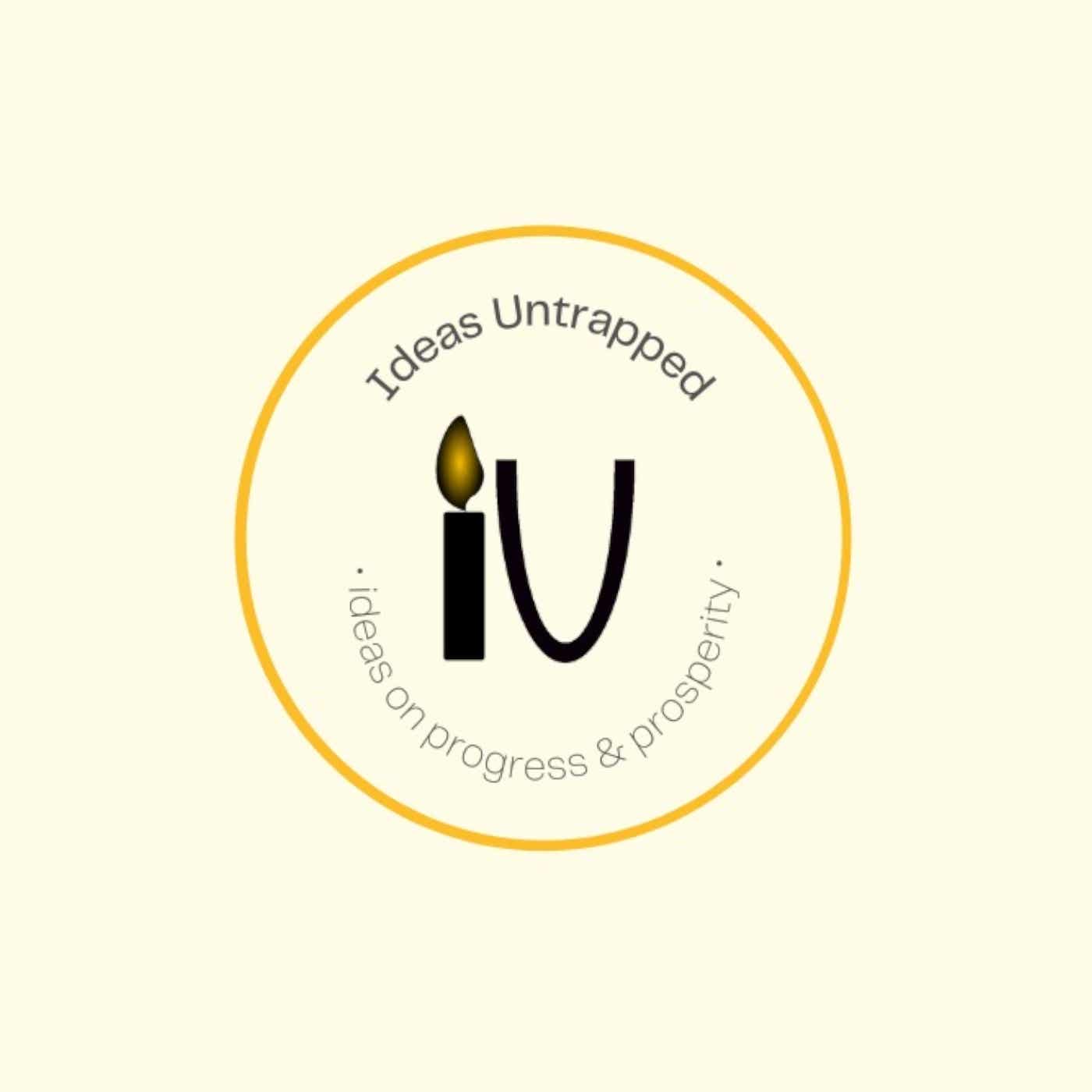SCIENCE, SKEPTICISM, AND TRUTH
Description
Hello everyone, and welcome to Ideas Untrapped podcast. My guest for this episode is Decision Scientist, Oliver Beige - who is returning to the podcast for the third time. Oliver is not just a multidisciplinary expert, he is one of my favourite people in the world. In this episode, we talk about scientific expertise, the norms of academia, peer review, and how it all relates to academic claims about finding the truth. Oliver emphasized the importance of understanding the imperfections in academia, and how moral panics can be used to silence skeptics. I began the conversation with a confession about my arrogance about the belief in science - and closed with my gripe about ‘‘lockdown triumphalism’’. I thoroughly enjoyed this conversation, and I am grateful to Oliver for doing it with me. I hope you all find it useful as well. Thank you for always listening. The full transcript is available below.
Transcript
Tobi;
I mean, it's good to talk to you again, Oliver.
Oliver;
Tobi, again.
Tobi;
This conversation is going to be a little bit different from our previous… well, not so much different, but I guess this time around I have a few things I want to get off my chest as well. And where I would start is with a brief story. So about, I dunno, I’ve forgotten precisely when the book came out, that was Thinking Fast and Slow by the Nobel Laureate Daniel Kahneman. So I had this brief exchange with my partner. She was quite sceptical in her reading of some of the studies that were cited in that book.
And I recall that the attitude was, “I mean, how can a lot of this be possibly true?” And I recall, not like I ever tell her this anyway…but I recall the sort of assured arrogance with which I dismissed some of her arguments and concerns at the time by saying that, oh yeah, these are peer-reviewed academic studies and they are most likely right than you are. So before you question them, you need to come up with something more than this doesn't feel right or it doesn't sound right. And, what do you know? A few years, like two or three years after that particular experience, almost that entire subfield imploded in what is now the reproducibility or the replication crisis, where a lot of these studies didn't replicate, a lot of them were done with very shoddy analysis and methodologies, and Daniel Kahneman himself had to come out to retract parts of the book based on that particular crisis.
So I'm sort of using this to set the background of how I have approached knowledge over my adult life. So as someone who has put a lot of faith naively, I would say, in science, in academia and its norms as something that is optimized for finding the truth. So to my surprise and even sometimes shock - over different stages of my life and recently in my interrogation of the field of development economics, people who work in global development - [at] the amount of politics, partisanship, bias, and even sometimes sheer status games that academics play and how it affects the production of knowledge, it's something that gave me a kind of deep personal crisis. So that's the background to which I'm approaching this conversation with you.
So where I'll start is, from the perspective of simply truth finding, and I know that a lot of people, not just me, think of academia in this way. They are people who are paid to think and research and tell us the truth about the world and about how things work, right? And they are properly incentivized to do that either by the norms in the institutional arrangements that birthed their workflows and, you know, so many other things we have known academia and educational institutions to be. What is wrong with that view - simply academia as a discipline dedicated to truth finding? What is wrong with that view?
Oliver;
There's many things. Starting point is that it was not only Daniel Kahneman, behavioral economics has multiple crises also with Falsified work. Not only with wrong predictions, wrong predicti
More Episodes
Published 04/27/24
In this episode, I had a conversation with economic historian Johan Fourie, who is a professor of economics at Stellenbosch University, and the author of one of the most enjoyable books on economic history called Our Long Walk to Economic Freedom. We spoke about the resurgence of economic...
Published 03/20/24
Published 03/20/24


